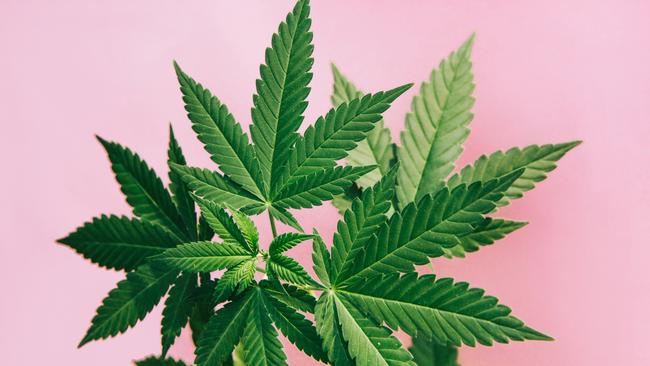Cannabis that lifts you up, not gets you high could be the miracle medicine of the future
Attention chronic anxiety - science is coming for you.

Attention chronic anxiety - science is coming for you.
Cannabis may be the answer when it comes to treating some young people living with mental health conditions.
A new study, published on Thursday, has shown that a component of the cannabis plant may be effective in treating anxiety.
It comes at a time when the issues of deteriorating mental health are in the spotlight as we enter the third year of the Covid pandemic, where two in five young people have a condition requiring professional help.
Orygen, Australia’s centre of excellence in youth mental health, has found that following 12 weeks of treatment with cannabidiol, young people with treatment-resistant anxiety had an average 42.6% reduction in anxiety severity and impairment.
Cannabidiol is a non-intoxicating component of the Cannabis sativa plant and it is not the same as recreational cannabis. It does not get you "high".
Orygen’s executive director Professor Patrick McGorry told The Oz, the results of the study he helped instigate and investigate are “promising” as the current problem with existing treatments of anxiety and depression, such as CBT and anti-depressants, was that “Only 50% of them will respond (to the treatment), the other 50% we haven’t other options.”
“The research we did explored whether cannabidiol is safe and effective for the age group that hasn’t responded to other form of treatment,” Professor McGorry said.
“We noticed that the impacts on severe anxiety (with this treatment) was that the vast majority felt more in control, slept better and had reduced panic attacks.”
“That’s an amazing change in the group which has had treatment-resistant, long-standing severe to very severe anxiety.”
The findings are promising for a significant number of young people.
The Australian Bureau of Statistics released data in July which showed anxiety was the most common form of mental ill-health in young people, affecting nearly a third (31.5%) of those aged 16–24 – almost double the rate of the general population.
How the study worked
The pilot involved 31 participants aged 12–25 who were recruited from Orygen’s primary care services.
The participants had a diagnosed anxiety disorder and had failed to show significant improvement in anxiety severity following at least five cognitive behavioural therapy sessions.
Participants’ starting dose was one 200mg capsule of cannabidiol per day, which was increased to 400mg after one week.
Those who did not show significant improvement in anxiety symptoms had their dosage increased at 200mg increments up to 800mg per day.
Although the findings are promising, further funding into more research in the area is required.
"To see a treatment effect in the treatment-resistant group is encouraging, but it could still be a placebo effect. The next step is a randomised controlled trial," Professor McGorry said.
If you need some help, please call Lifelife on 13 11 14.


